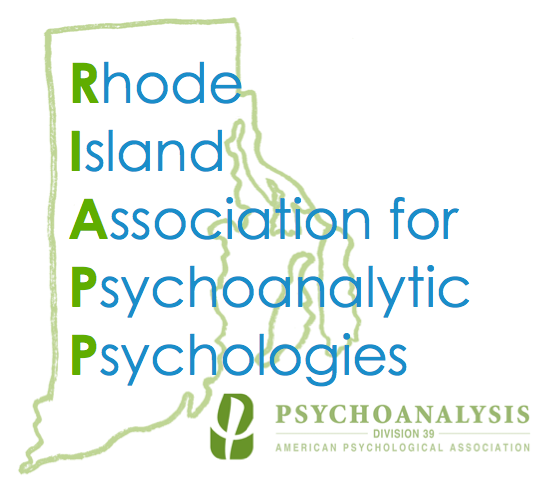This lecture will be held remotely via zoom. Register by Tuesday 5/3 to receive a link for the meeting.
1.5 Continuing Education Credits
The course describes Intersectionality and Intersubjectivity, two theoretical frameworks used to guide socially just clinical practice. These models guide the therapist in initiating “third space conversations,” the interactional, therapeutic field where the clinician’s and the client’s intersectional social identities and subjective attitudes are present and influential (Aron, 2006). The importance of a socio-historical perspective when working clinically will be demonstrated with the use of composite clinical vignettes that demonstrate the therapist engaging with clients around systemic injustices. Attention will also be given to how inequalities may be implicitly enacted in therapeutic practice.
Learning Objectives:
At the conclusion of this seminar, participants will be able to:
1. Demonstrate how Intersectionality Theory can inform clinical practice.
2. Use Intersubjective Systems Theory as a framework for third space conversation.
3. Discuss how injustice and inequalities may be implicitly enacted in clinical practice.
Biography:
Joan Granucci Lesser, PhD, LICSW is a social work clinician, researcher, educator and author. She is Adjunct Associate Professor at Smith College School for Social Work and has a private psychotherapy practice. Dr. Lesser is the co-author of two social work textbooks and numerous articles and book chapters, and has presented locally, nationally and internationally on a variety of clinical topics. She received the 2012 National Association of Social Worker MA Chapter award for “greatest contribution to social work practice” for founding Pioneer Valley Professionals, an interdisciplinary group practice in Holyoke, MA.
References:
Altman, N. (2020). Intersectionality: From politics to identity. In M. Belkin & C. White (Eds). Intersectionality and relational psychoanalysis: New perspectives on race, gender and sexuality (Pp. 218-226) New York: Routledge
Aron, l. (2006). Analytic impasse and the third; Clinical implications of intersubjectivity theory. The International Journal of Psychoanalysis, 87(3): 49-368.
Collins, P. H. (2019). Intersectionality as critical social theory. Durham: Duke University Press.
Layton, L. (2018). Relational theory in socio-historical context. In L. Aron, S. Grand, & J. Slochower (Eds). De-idealizing Relational theory: a critique from within. (Pp. 209-234). New York: Routledge.
Leichsenring, F. and Steinert. C. (2019). The efficacy of psychodynamic psychotherapy: An up-to-date review (pp 49-74) In D. Kelly and J.S. Ogrodniczul, J. S. (Eds) Contemporary psychodynamic psychotherapy: evoling clinical practice (pp 49-74) Oxford, UK; Elsevier Press.

